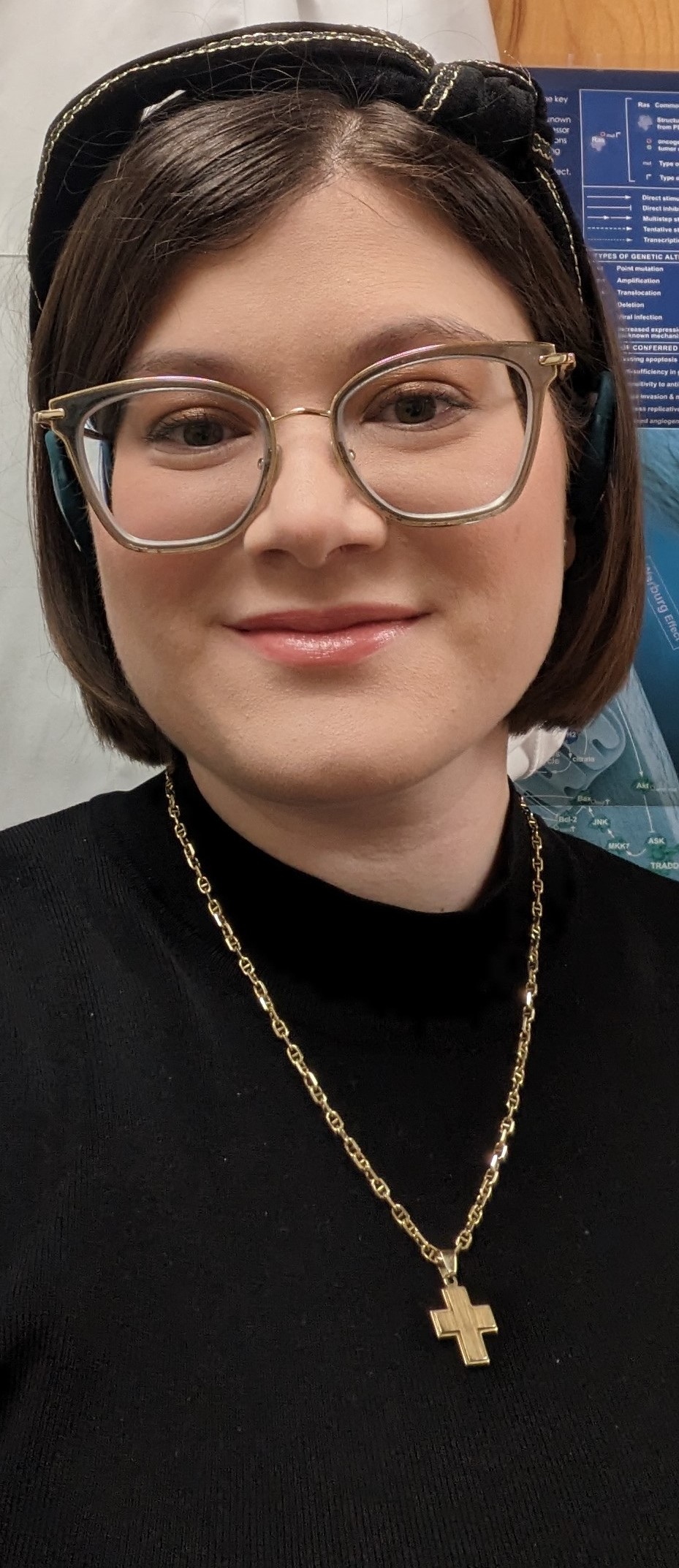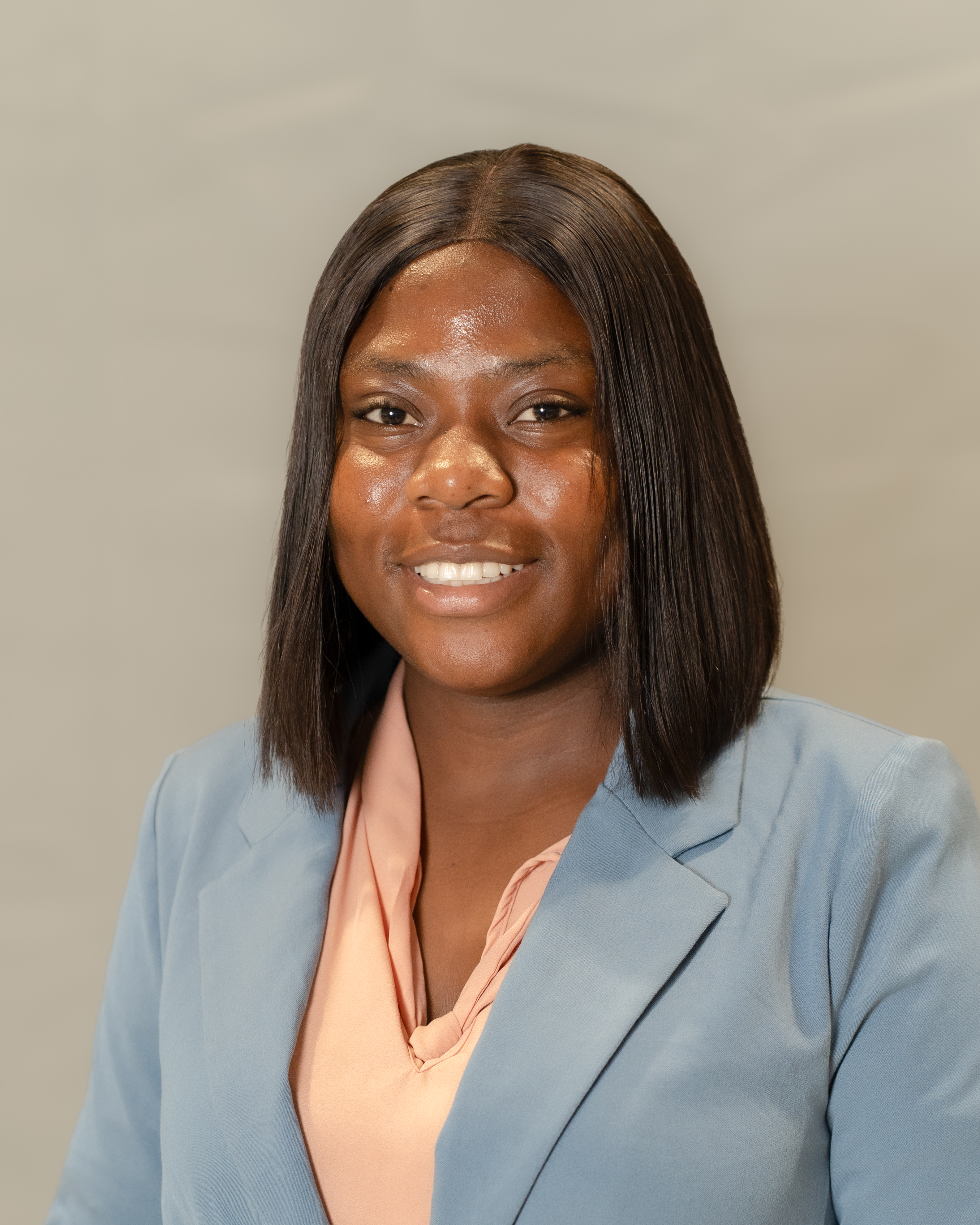
Keiran Smalley, PhD
Principal Investigator
Keiran originally hails from the UK. He completed his PhD in Pharmacology at the University of Cambridge in 2000, before switching to work on melanoma as a post-doc at University College London, UK. He moved to the US in 2003 and worked for 5 years with Meenhard Herlyn at the Wistar Institute in Philadelphia. In 2008, he started his lab at the Moffitt Cancer Center with a focus on drug resistance in melanoma. Over the following 12 years he managed to overcome his fear of immunology, and his lab now has wide ranging interests across the melanoma spectrum including cutaneous melanoma, melanoma brain metastases, acral melanoma, uveal melanoma and pediatric melanoma. In his spare time he likes to cook, listen to music and drink tea. Preferably all at the same time.

Manali Phadke, PhD
Research Scientist II
"My research is focused on developing new therapeutic strategies for treatment of melanoma. Currently, I am working sequential immunotherapy and targeted therapy applications in melanoma. Towards this I am also exploring novel single cell RNA sequencing platform. My career goal is to contribute towards good cancer research. "

Michael Emmons, PhD
Research Scientist
“My research interests include exploring the emergence of a drug resistant, immune evasive phenotype in melanomas treated with either targeted therapeutics or immunotherapy with the goal of developing novel anti-tumor therapies to reverse said resistance. I am currently studying the role of epigenetic dysregulation caused by stress which leads to increased drug tolerance, invasion to the brain and a cold immune microenvironment. When I am not performing research, I enjoy spending time outdoors in nature with my family."

Sathya N.S Reddy, PhD
Postdoctoral Researcher
My name is Sathya Reddy, and I am currently a postdoctoral fellow in Dr.Keiran Smalley lab. I earned my PhD in Cancer Biology. My current research focuses on understanding the bidirectional cross-communication between uveal melanomas and liver cells. This is particularly important since 1 in 2 patients develop liver metastasis even after their primary cancer is treated, and 90% of these metastases occur predominantly in the liver. Our goal is to uncover the mechanisms underlying this liver tropism. Our group employs advanced methodologies, such as in vivo mouse models and in silico techniques, to closely mimic disease progression in patients

Larissa A.C Carvalho, PhD
Postdoctoral Fellow
I obtained my bachelor’s degree in chemistry (2009), Master’s (2012), a PhD degree (2017) in Biochemistry from the University of Sao Paulo, Brazil where I was a postdoc. Now, I am a postdoc fellow at Moffitt Cancer Center.
About my research, mutations in the small GTPase NRAS are the second most common oncogenic driver in cutaneous melanoma, being found in ~25% of cases. Targeted therapy strategies are currently lacking for NRAS-mutant melanoma. My research aim is to characterize the anti-tumor efficacy and immune effects of pan-RAS inhibitors in mouse and human models of NRAS-mutant melanoma.
In my free time, I enjoy going to concerts, functional training and spending time with her family and friends.

Isabella Noma, PhD
Postdoctoral Researcher
Degree in Biomedicine from the State University of Maringá (2017) with scientific initiation projects in Basic Microbiology and Clinical Immunology (UEM). Master's degree from the Health Sciences program working in Clinical Cytology and Sexually Transmitted Diseases with a focus on detecting HPV and other associated bacteria. PhD in the Pharmacy (Physiopathology and Toxicology) program at the Faculty of Pharmaceutical Sciences (FCF) at the University of São Paulo (USP), with a project on NRAS-mutated melanoma. Post-doctoral research at Moffitt Cancer Center in collaboration with USP is focused on the role of HDAC8 in UVR-driven melanoma initiation.

Olivia L. Rose, PhD
Postdoctoral Researcher
I am from Pittsburgh, PA and obtained my Bachelor of Science in Biomedical Engineering at Gannon University in Erie, PA. After my undergraduate studies I earned my Ph.D. in Biomedical Engineering from West Virginia University, Morgantown, WV.
Immune checkpoint inhibitors are widely used to treat melanoma, but patient response is low. Proteolysis Targeting Chimeras (PROTACs) technology is being used to develop more advanced therapies. I am currently focusing on evaluating the efficacy of PROTACs towards nuclear receptors for melanoma therapy. Specifically, I am focused and interested in the tumor microenvironment and the immune effects.
Like many others, my interest to go into cancer research stems from cancer affecting my loved ones. They are my constant drive and motivation to help contribute to this field. Outside of the lab, I enjoy functional training (F45), baking, shopping, and traveling. I also spend my free time with my family and friends.

Marvelous Adebowale, BSc
2nd Year PhD Student
Victoria Pontes Busato, BS
1st Year PhD Student
Past Members
Chloe Brooks-Noriega Summer Intern 2024
